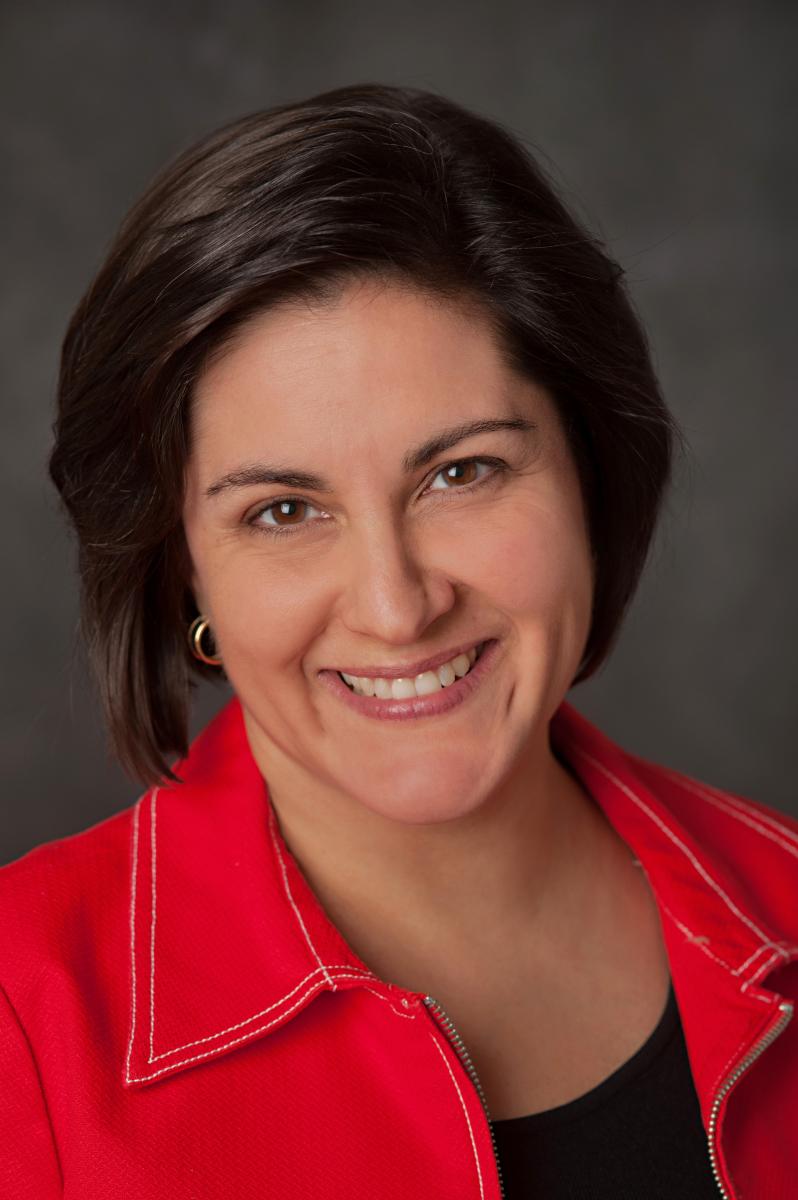

The prosthesis was put to the test with various tasks. “The amount of loss is dependent on how it’s bent.” “If no light was lost when we bend the prosthesis, we wouldn’t get any information about the state of the sensor,” said lead author Robert Shepherd, assistant professor of mechanical and aerospace engineering.

In fact, it seems there’s a soft robotics revolution just waiting to happen. Now, a whole new range of possibilities is opened to science because we can use light just as well and soft robotics closely mimics human hands. Such machines can stretch, twist, scrunch and squish, change shape or size, wrap around objects and perform tasks impossible by rigid robotics standards. Most robotic prostheses are very rigid, held together with nuts and bolts, and sense their surroundings with sensors that conduct electrical signals. It’s this variable loss of light intensity that allows the prosthesis to sense its environment. Credit: Cornell University.Īs the elastomeric tubes get bent, the light’s intensity shone by the LEDs and measured by the photodiode can increase or decrease. The four fingers and the thumb are pneumatically actuated and mounted on a 3D-printed rigid palm.ĪDVERTISEMENT Human-like interactions were tested against various objects. The fabrication method had been previously used by Cornell researchers to make all sorts of soft and malleable artificial body parts that resembled tentacles and even a squishy robo-octopus. Using a combination of soft lithography and 3-D printing, Zhao and colleagues made the core through which light propagates and the cladding which houses the LED and the photodiode. “Our sensors are integrated within the body, so they can actually detect forces being transmitted through the thickness of the robot, a lot like we and all organisms do when we feel pain, for example.”Įlastomeric optical waveguides are tubes packed inside with LEDs and photosensors. “Most robots today have sensors on the outside of the body that detect things from the surface,” said Cornell doctoral student Huichan Zhao. Modeled on the human arm, the prosthesis has sensors embedded inside it allowing it to ‘feel’ whether a fruit is ripe or more pressure can be exerted, for instance. Credit: Cornell University.Ī new kind of robotic arm based on stretchable optical waveguides boasts unprecedented pressure and texture sensing. Micro-internships help employers assess future candidates and build their talent pipeline with the ILR School.The artificial hand made at Cornell University was able to tell apart tomatoes by their softness and find the ripest one. They are a great way to address projects that have been set aside and need attention or to support new priorities. If you’re interested in interviewing on campus for these roles, contact Johanna (Jo) Tuttle, Employer Connections Specialist, at are paid short-term projects, consisting of a few hours to four weeks' worth of work. Plus, this generation of college students are very tech savvy and are comfortable working on virtual platforms.

Since location is no longer a concern, employers can open up to a diverse pool of applicants. For little cost, technology can help employers develop positive working relationships with the student, introduce them to the culture that surrounds the workplace, and provide an instructional and meaningful experience. Virtual summer experiences are a great way to manage your internship program, without having to bring students on site. Opportunities typically last two to three weeks and are intended for participants to explore a particular industry to develop on-the-job experience through a short-term assignment with a project sponsor. It is a one-day shadowing program that provides an invaluable opportunity for participants to explore diverse ILR-related career fields, gain firsthand work exposure, and network with alumni/sponsors.Ĭareer Exploration Project is designed specifically for sophomores, juniors, seniors, and first-year MILRs. The Field Shadowing Program is designed primarily for first-year undergraduate ILR students (freshmen and transfer students).
Handshaker cornell professional#


 0 kommentar(er)
0 kommentar(er)
